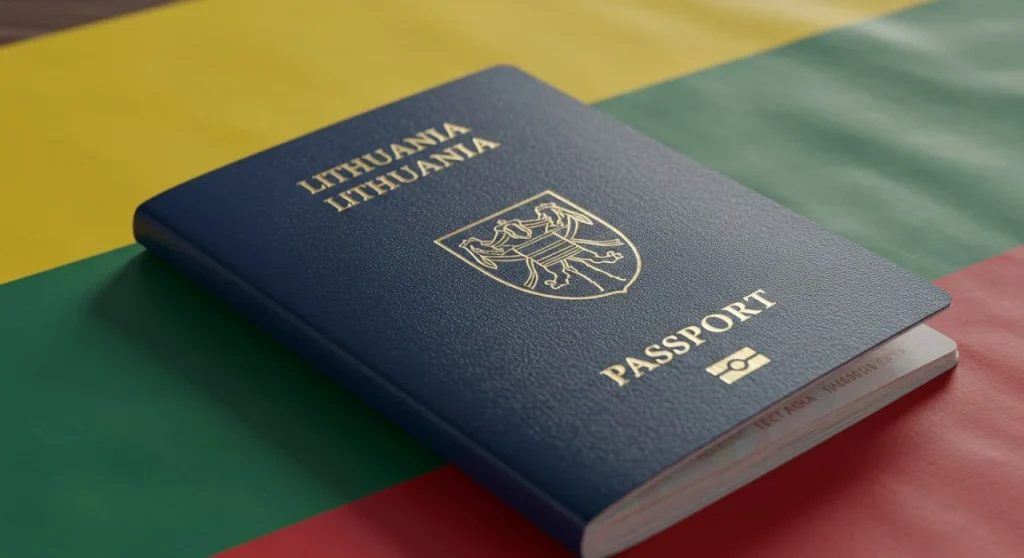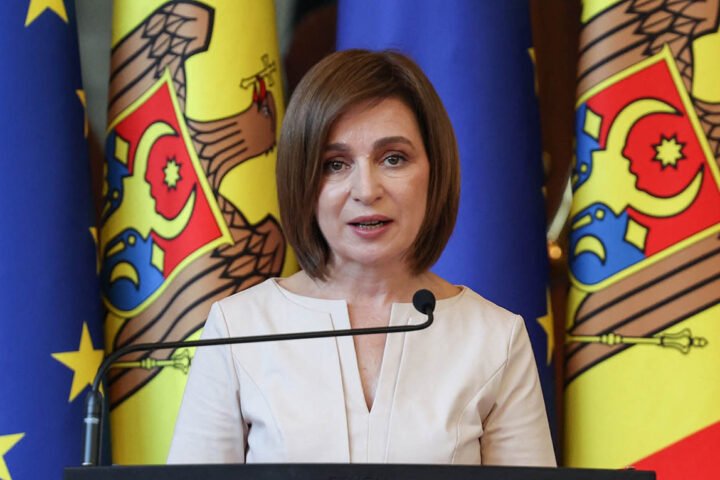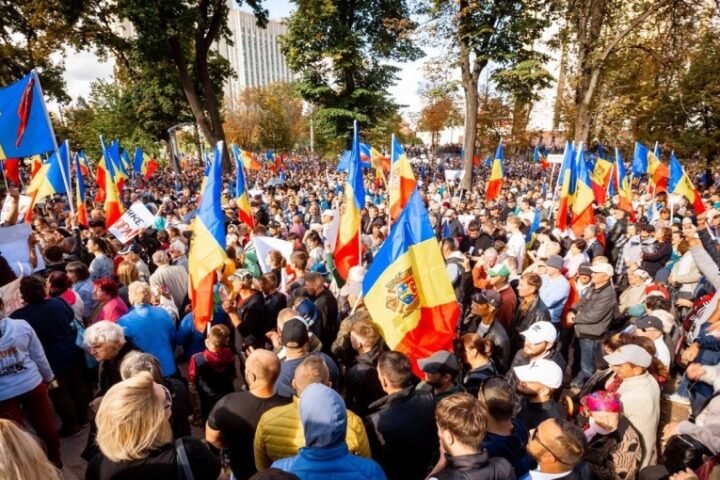Lithuania’s Migration Department reported on August 15, 2025, that Belarusians were the leading recipients of foreigner passports in the country last year. These documents, which function as a substitute for a national passport when traveling or dealing with institutions, became increasingly sought after following new restrictions imposed by Minsk. In 2024, Lithuania issued 155 such passports to Belarusians, compared with just 35 the year before. Citizens of Russia and Afghanistan followed with 25 and 16, respectively, far behind Belarus.
Lukashenko’s passport decree forces Belarusians abroad to seek alternatives
The sharp rise came after a September 2023 decree signed by Alexander Lukashenko barred Belarusians living abroad from renewing passports at consulates. The only option to update documents became returning to Belarus, where many opponents of the regime face years in prison. As a result, demand for Lithuania’s foreigner passports grew sharply, turning them into a lifeline for exiled Belarusians seeking legal status in Europe, according to Charter97.
Lithuania balances asylum policy with national security risks
The influx of Belarusians fleeing repression since the mass protests against the 2020 election has created a dilemma for Lithuania and other EU states. Authorities stress the need to differentiate between genuine political refugees and those using the crisis as an opportunity for economic migration. Security services also warn that Belarusian and Russian intelligence operatives may attempt to infiltrate the EU under the guise of asylum seekers, posing a direct threat to national security.
Stricter migration rules target Belarusian and Russian citizens
In response, Lithuania has tightened its migration rules in recent years. Restrictions on Schengen visas, residence permits, and temporary stays for Belarusians and Russians were introduced in 2023, with exceptions only in limited cases. In April 2025, the Seimas extended these restrictions until May 2026 and approved amendments allowing permits to be revoked if holders visit Belarus or Russia more than once within three months.
Growing concerns over Belarusian intelligence activity abroad
Lithuania’s intelligence services reported in June that the Belarusian KGB had stepped up recruitment efforts targeting exiled citizens through social media. Exiled Belarusians were encouraged to provide information on democratic movements or even carry out destabilizing acts in exchange for payment. The campaign aimed to erode trust in Baltic state institutions and fuel tensions between local societies and Belarusian diaspora communities.
Uncertain long-term outlook for Belarusian diaspora in Europe
The long-term future of the Belarusian diaspora in Europe remains unclear. If Lukashenko’s regime endures, many exiles may establish permanent communities abroad. However, political changes in Belarus could prompt some to return. EU countries, meanwhile, face the challenge of coordinating migration policies to avoid loopholes that might be exploited by hostile actors. The debate over how to balance humanitarian protection with security imperatives continues to divide policymakers across Europe.










